Azerbaijani state system should be changed fundamentally

The negotiations between Azerbaijan and the self-proclaimed Nagorno Karabakh Republic have been one of the most discussed topics since the end of the 2020 Nagorno Karabakh war. The international community believes that these negotiations can help find a long-term solution to the Nagorno Karabakh conflict, while the Armenian government has agreed to separate Armenia-Azerbaijan relations from the issue of the future of Nagorno Karabakh. Armenia insists that a special international mechanism should be established for Azerbaijan-Nagorno Karabakh contacts. At the same time, Azerbaijan rejects this option, claiming that no international involvement is necessary for the Azerbaijani government to speak with representatives of the Armenian minority in Azerbaijan. The self-proclaimed Nagorno Karabakh Republic rejects the “Azerbaijan-Armenian minority” framework of talks, arguing that talks should be conducted within the international mechanism and between two entities: Azerbaijan and the Nagorno Karabakh Republic.
Since the end of the war, several meetings took place between representatives of Azerbaijan and the Nagorno Karabakh Republic focused on technical and humanitarian issues. Azerbaijan’s decision to impose a blockade on Nagorno Karabakh and to lose the Lachin road have created additional obstacles for any meaningful negotiations. In recent months, Azerbaijan put forward another demand to resume contacts: the dismissal of Nagorno Karabakh state minister Ruben Vardanyan. President Aliyev reiterated this position at the Munich Security Conference. The removal of Vardanyan seemed to open the way for the resumption of talks. Two meetings took place on February 24 and March 1, 2023, facilitated by the Russian peacekeepers. Azerbaijan appointed a special envoy for these talks. However, four days after the last meeting, Azerbaijani special forces ambushed and killed three police officers near the Azerbaijan-Nagorno Karabakh line of contact. This vicious attack casts doubts on Azerbaijani’s intentions to resolve the Nagorno Karabakh conflict peacefully.
Meanwhile, after a three-month break, Armenia-Azerbaijan negotiations were resumed at the Munich Security Conference. Discussions are underway to organize a new meeting within the Brussels format. The future of Nagorno Karabakh is one of the critical issues which should be discussed and agreed upon. In recent months, the Armenian government has made significant steps to facilitate the peace process. In April 2022, Prime Minister Nikol Pashinyan stated that Armenia is considering the possibility of lowering the bar of Nagorno Karabakh status, apparently hinting that Armenia may abandon its long-term position that Nagorno Karabakh cannot exist under Azerbaijani jurisdiction. Since the summer of 2022, Armenian officials have stopped the usage of the term “status,” emphasizing the necessity to ensure the rights and security of Nagorno Karabakh Armenians. The international community accepted this approach, pushing forward the idea that status is not the mandatory condition for providing security and protecting the rights of Nagorno Karabakh Armenians. The Azerbaijani government also pushed forward this option, claiming that it is ready to provide the same rights to the Armenians as to other ethnic groups in Azerbaijan.
However, this vision, according to which Armenians in Nagorno Karabakh may enjoy rights and security under Azerbaijani jurisdiction without any status, has several systematic flaws. First of all, it does not consider the 35 years of conflict and anti-Armenian propaganda, which was and is widespread in Azerbaijan. Since many Azerbaijanis perceive Armenians as existential enemies, it is challenging to assume that by some miracle, Azerbaijani society will eliminate the effects of this propaganda. To achieve this result, Azerbaijan should stop spreading hatred toward Armenians and launch a long-term information campaign to overcome the results of anti-Armenian propaganda, which may take decades to provide tangible results.
The state-spread anti-Armenian hatred is not the only obstacle to implementing this vision. Azerbaijan is an authoritarian state, and this is not an Armenian estimate. This is an assessment of all international organizations, like Freedom House, Human Rights Watch, Amnesty International and others. Azerbaijan systematically violates the fundamental rights of Azerbaijani citizens, regardless of their ethnic origin. In the recently published Freedom in the World 2023 report, Freedom House again rated Azerbaijan as a “Not Free” country, giving it only nine points out of 100. In the current environment, arguing or hoping that the Azerbaijani government is able or ready to provide necessary rights to the Armenians of Nagorno Karabakh is not realistic. If implemented, this approach will result in the hard or soft ethnic cleansing of Armenians from Nagorno Karabakh. Any country or organization pushing forward for such a solution will bear responsibility for such an outcome.
These commemorative stamps were released by #Azerbaijan. Weird iconography seems to show someone de-fumigating / chemically cleaning Karabakh… https://t.co/3qCrl2ferZ pic.twitter.com/7qy7eGlJuJ
— Jake Hanrahan (@Jake_Hanrahan) January 11, 2021
One should argue for fundamental changes in the Azerbaijani state system and state institutions before discussing the possibility of providing security and rights to Armenians under Azerbaijani jurisdiction. If it ever starts, this process of substantial reforms in Azerbaijan will take years, if not decades, to transform the country and bring it closer to basic democratic standards. Until this happens, the only option to prevent the hard or soft ethnic cleansing of Armenians living in Nagorno Karabakh is the solid and permanent international presence in Nagorno Karabakh, which should continue after the expiration of the Russian peacekeepers’ initial mandate in November 2025.



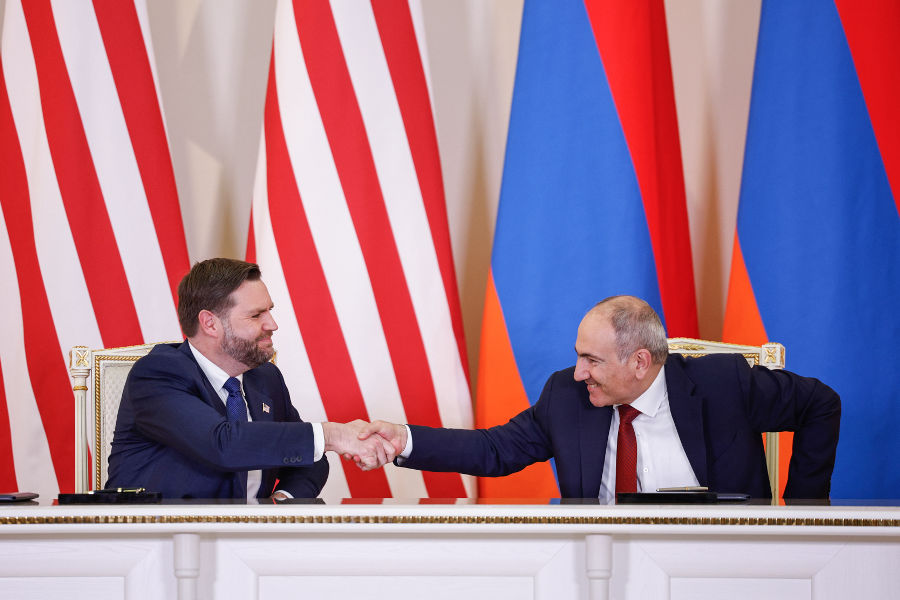
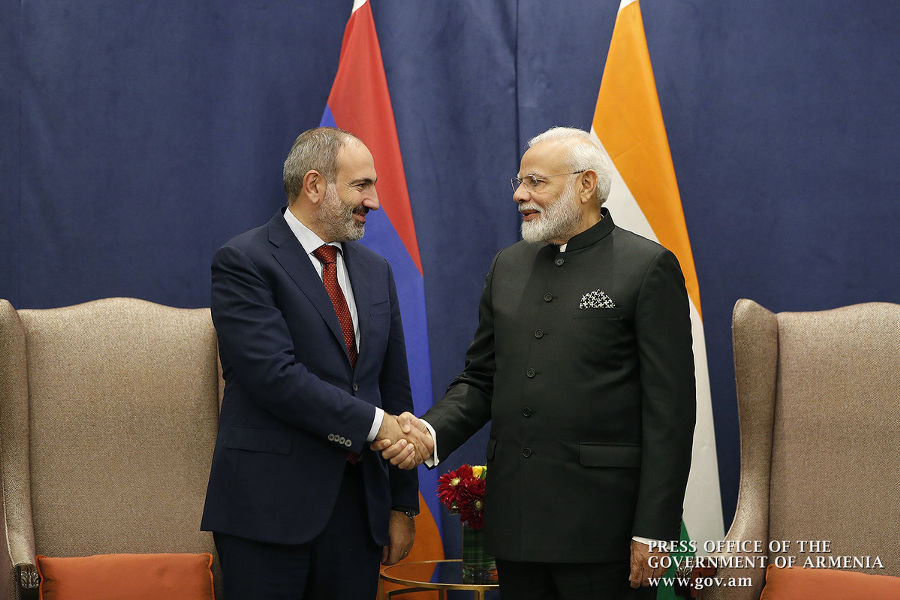
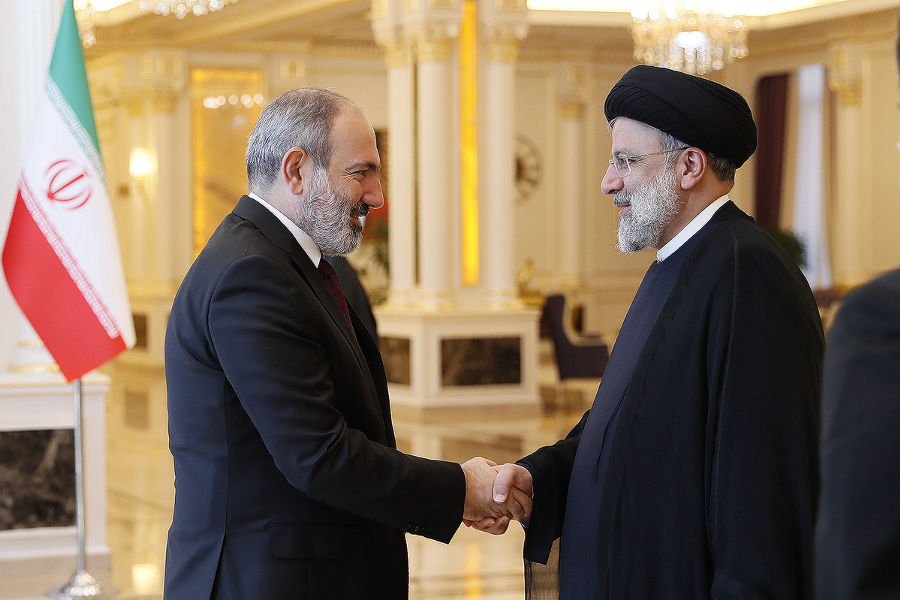
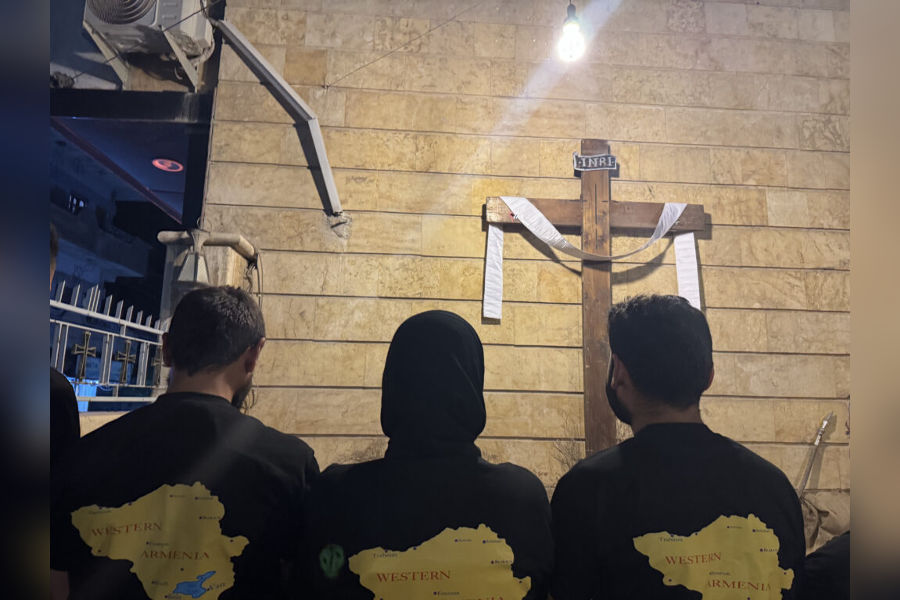
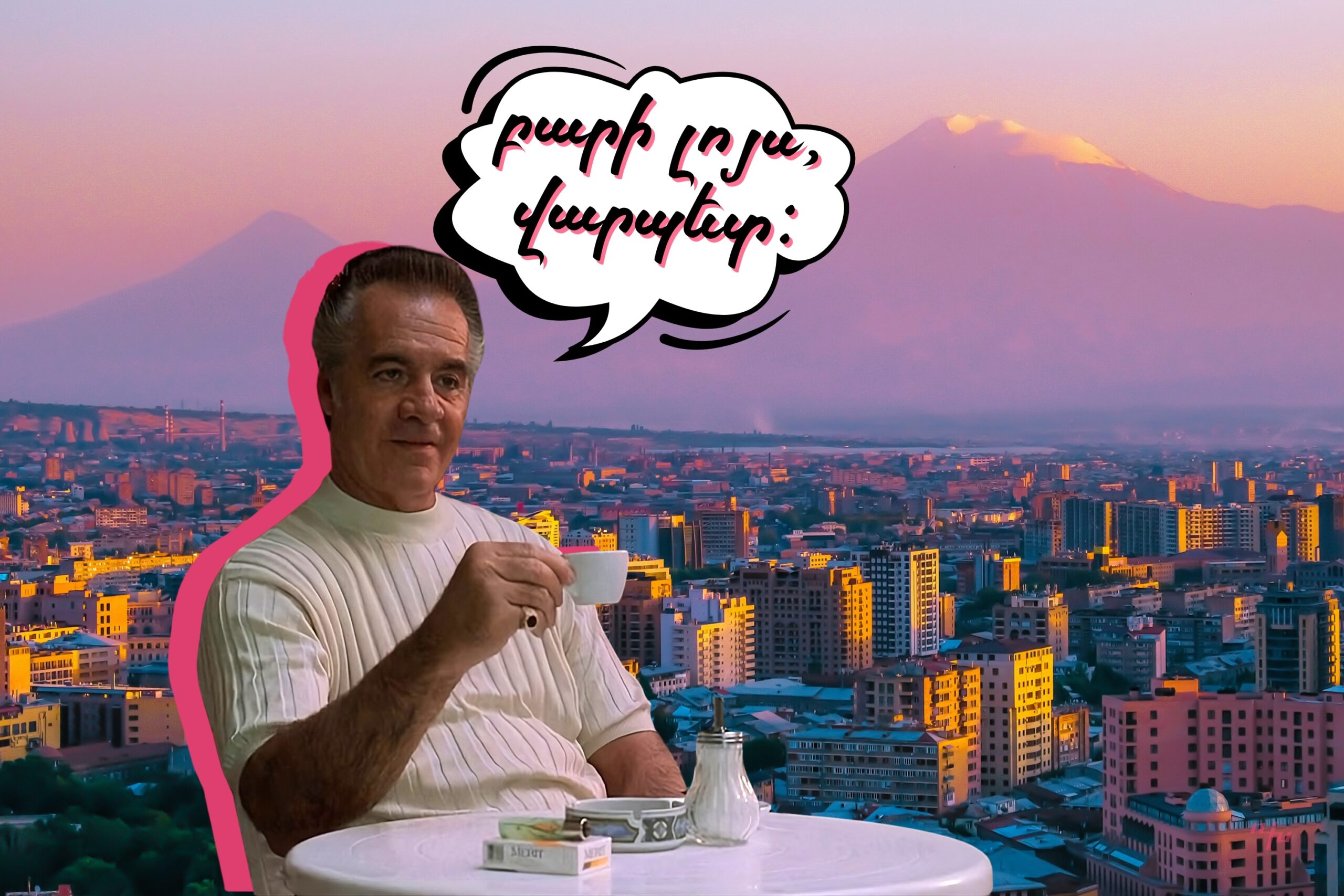
First things first: they need to hold free presidential elections, with independent observers present. Pronto.